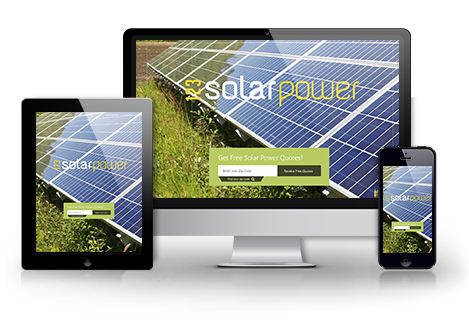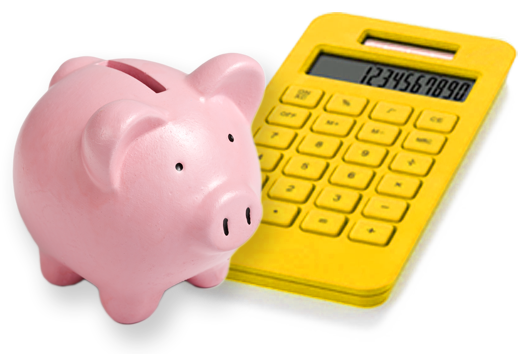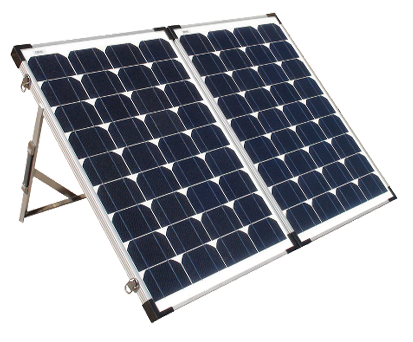Texas Incentives
As the saying goes “Everything is bigger in Texas.” That would certainly apply to the potential that Texas has for the use of renewable energy resources. Although their reputation as a renewable energy state was built on the creation of big wind power in the 1990’s, Texas is rated 2nd in the nation for solar potential. The abundance of sunshine is great enough to provide enough power for the entire state with minimal effort or expense. Although the state has shown tremendous growth, with an increased demand for energy, Texas has dropped from 10th to 13th place nationwide for solar installations. This is despite the fact that there are over 300 solar companies located within its borders.
Many Different Solar Incentives Statewide
Despite being below its solar potential, Texas residents are actively going solar, taking advantage of the seemingly countless incentive programs in place. These programs consist mainly of rebates and tax breaks and are sponsored by many local utility companies and cities. Whether you decide to purchase solar panels Houston or solar panels Austin, the incentives might be slightly different. This makes it necessary for interested residents to investigate diligently on a local level to uncover the plans that are provided. The power network in Texas is about as complex as it can be with power being provided by utilities of all sizes and geographic locations. Many of these are city owned services, while many are public and some are private. Owning residential solar panels Dallas or solar panels El Paso may offer different incentives and it is important to be fully aware of them.
Rebate Programs for Solar Installations
Rebate programs available to Texas residents may be paid on a per KW credit for power provided to the grid by photovoltaic (solar) systems and excess electricity produced may be purchased and paid for by the utility companies. In other cases a onetime rebate is available against the cost of the installation of a photovoltaic system. For example Austin Electric provides a $1.10 per KW credit while Texas CoServ pays $1,000 per member. There are a myriad of different programs available across the state. A list of many of them is available at the Clean Energy Authority website. All applicants will be required to meet certain criteria spelled out by the provider. These may include using local installers, minimum and maximum system size and caps on the total amount of the annual payout.
Texas City and Utility Net Metering
Many city and public utilities in Texas have net metering programs where power is purchased from residential and commercial producers of solar energy. Check with your local Board of Utilities for availability and details of these programs. Texas does not have a statewide net metering program, as many other states do, but many local utilities offer it anyway. These incentives are usually very generous and tend to encourage people to invest in solar power. Many solar panels San Antonio for example have been installed following the creation of local incentives. A similar pattern was observed with solar panels Fort Worth where they have boomed in the recent years.
Property Tax Exemption
Texas residents can take advantage of the Renewable Energy Property Tax Assessment that provides protection against the added tax value of photovoltaic or other renewable energy systems. For example, homeowners with residential solar panels Houston will not be taxed on the increased assessment of their homes.
Help For All Texas Residents
The incentive programs for home solar panels Texas are as widely spread out as the state itself. Some programs may overlap in certain areas. There are even “hard to reach” programs that are designed to offer incentives against peak demand. 123SolarPower, one of the largest renewable energy system providers in the US, has local energy experts in place to help Texas residents with the difficult job of determining which plan applies and which system is best. Instead of making many calls and doing hours of research into the programs, all that is necessary is to fill out the quick form on this site or call so we can reach out to you with a custom energy solution. Call us at 800-294-2397 a Texas renewable energy expert is waiting to help you to go solar and save energy.





